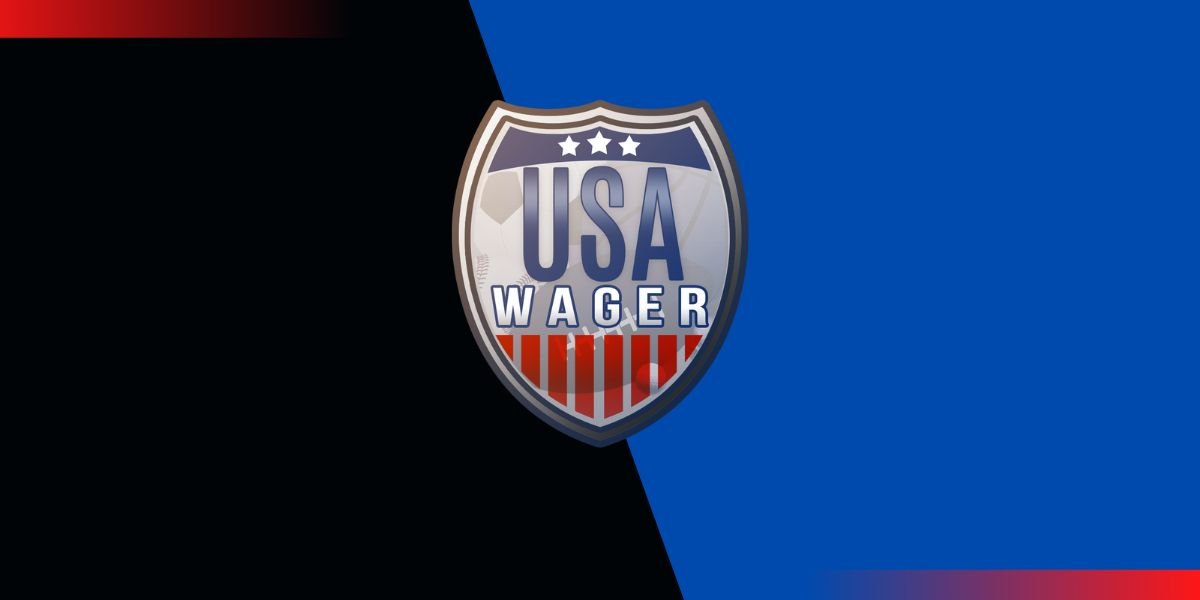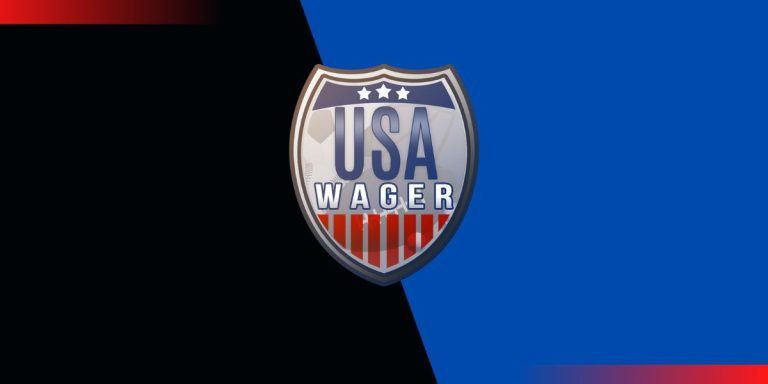Illinois Brings Back In-Person Registration for Sports Betting…but, Why?
Registration for Sports Betting: We all know the old saying “if it ain’t broke don’t fix it” well that is everyone except Illinois Gov. J.B. Pritzker. In a head-scratching move, the Illinois governor opted to not renew Executive Order 2020-41 among his series of renewals Friday.
This means the in-person requirement to obtain access for mobile sports betting in Illinois, as part of the bill signed into law in June 2019, goes back into effect Sunday. The remote digital sportsbook sign-up authorization was one of several dozen such orders approved by the governor, but it was not listed on a series of renewed orders.
Illinois is currently in Phase Five of its reopening plan. The state government has sided with caution when moving through phases. With vaccination rates rapidly increasing and casinos around the state having reopened with safety guidelines in place, the government felt it was safe to allow people back into casinos.
This is a great move to reopen businesses. At this point through the pandemic, more people are being hurt because of their loss of income than being protected by shutdowns.
I hope casino employees and patrons can return and enjoy the environment that sportsbooks offer. But the question I am stuck with is why does the memorandum on mobile sports betting registration have to end?
Illinois opened its first retail sportsbook in March 2020, days before the COVID-19 pandemic shuttered nearly every American casino. The first online sportsbook in Illinois launched in June 2020. The original bill signed in 2019 required in-person registration for online wagering but in June 2020 Governor Pritzker signed an order to waive that requirement.
Ten months, later the returns on legalization were hard to miss. Through January 2021, the most recent month that betting data is available, wagers have totaled $2.4 Billion dollars with more than 96% of that done online.
Bad News for Illinois Sports Bettors
Starting April 5th, anyone who wants to wager online will have to visit a retail casino in order to finish the registration process. Instead of the easier and more efficient way of online registration. While some may argue this is a move to help bring business back into the casinos, the sportsbooks say otherwise.
Operators favor remote registration as a more efficient way to register a higher number of users, in addition, they argue that online registration helps to curb the black market by making sports betting apps more accessible.
This move especially hurts mobile-first platforms such as DraftKings and Fanduel. DraftKings went as far as issuing a company statement following the move “DraftKings believes that creating artificial barriers for customers such as requiring in-person registration for mobile sports wagering deters bettors from moving to the legal market and ultimately hinders revenue generation for the state.
Mobile registration has been an important factor in the success of Illinois sports wagering, and we hope the legislature will take action to allow for customers to register their mobile sports wagering accounts remotely in the future.”
DraftKings makes a very good point. This move by the Illinois government to put up barriers will hurt an industry that is currently on the rise and creating a large amount of tax revenue.
By waiving the requirement for in-person registration, Illinois was able to check in with a top-four status nationally during the fall and winter in terms of monthly sports betting handle, behind only New Jersey, Nevada, and Pennsylvania.
Illinois doesn’t have to look far for examples of why this restriction is bogus. Neighboring Iowa saw a massive jump in new sportsbook participation and revenue after its in-person registration mandate expired on January 1st of this year.
The choice to not renew the waiver on in-person betting becomes even more questionable when you take into account that in 2019 lawmakers cited gaming expansion as a dedicated funding source for part of the state’s $45 billion capital construction program.


